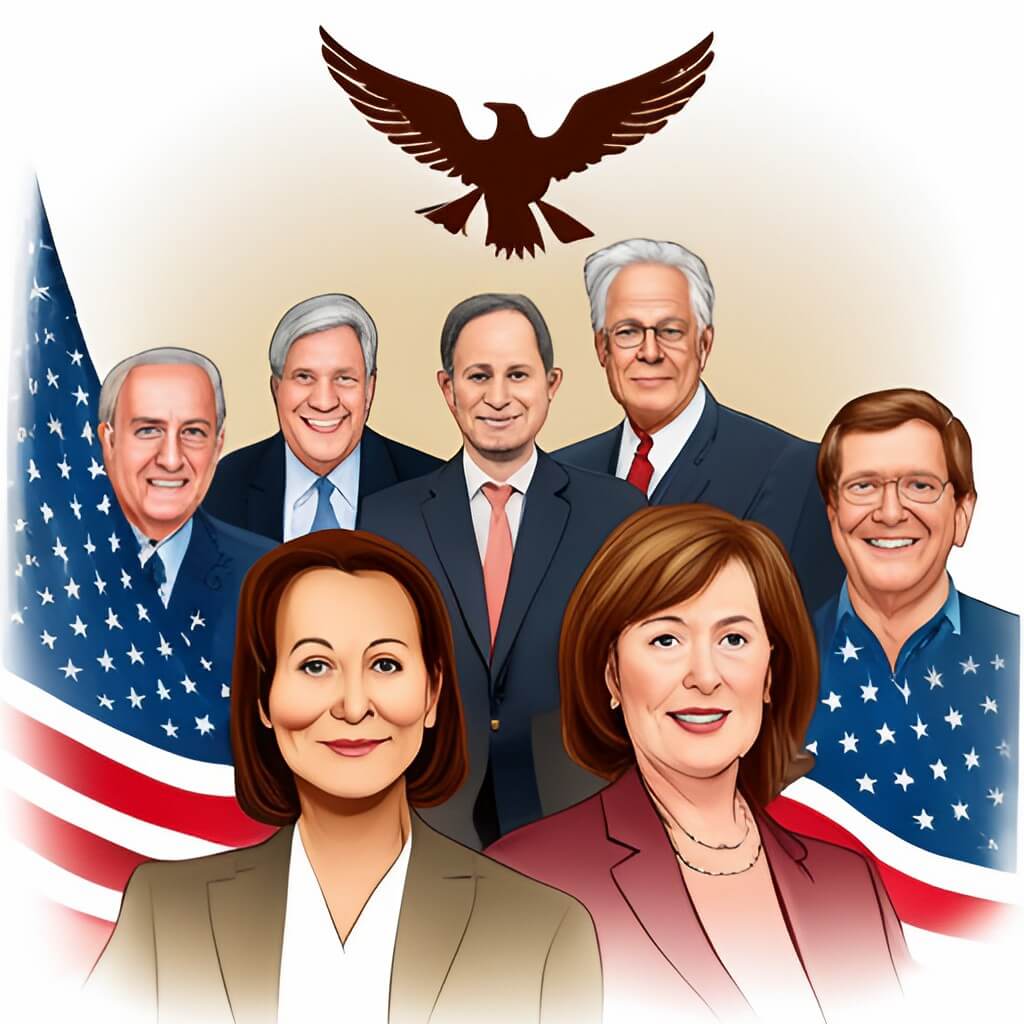Ripple’s Chief Legal Officer, Stuart Alderoty, recently drew attention to a significant ruling by the United States Court of Appeals for the Second Circuit that restrains the SEC’s authority to pursue disgorgement. This ruling has sparked conversations within legal circles, especially against Ripple’s ongoing litigation. The decision mandates that the SEC demonstrate actual financial harm to investors before seeking disgorgement, resonating with the Supreme Court’s stance in Liu v. SEC.
Moreover, the debate intensifies as industry experts weigh in. Australian lawyer Bill Morgan questions the evidence of financial harm to institutional investors in XRP, humorously pointing to the high-speed transactions enabled by Ripple’s technology as a deterrent to potential loss. Steven Nerayoff, a former Ethereum adviser, shifts the focus onto the SEC’s conduct, proposing that the agency’s actions could potentially inflict financial damage, thus spotlighting the debate on officials’ qualified immunity.
Additionally, Morgan and Nerayoff delve into the SEC’s motives, scrutinizing the agency’s invitation to companies for open dialogue. They suggest that such invitations could be misleading if the SEC’s ultimate goal were litigation rather than assistance. This notion, if supported by evidence, could have significant implications for how regulatory intentions are perceived and challenged in court.
Hence, the discussion extends to the broader implications for Ripple. Legal commentator Jeremy Hogan offers an optimistic outlook for the company, noting that many XRP holders who acquired lower-priced tokens did not suffer financial harm. Consequently, this perspective could limit Ripple’s legal exposure in the ongoing dispute with the SEC.
Furthermore, the legal community closely observes the ripple effects of the Second Circuit’s decision on the regulatory landscape. The outcome could redefine the SEC’s enforcement strategies, particularly in cases involving complex financial products and innovative technology such as Ripple’s.
Overall, the discourse around the Second Circuit’s recent decision, highlighted by Ripple’s Chief Legal Officer, underscores the evolving nature of regulatory enforcement and its impact on the fintech industry. The legal fraternity and market participants await further developments, as the nuances of this case could signal a turning point in how regulatory bodies wield their power in financial markets.


